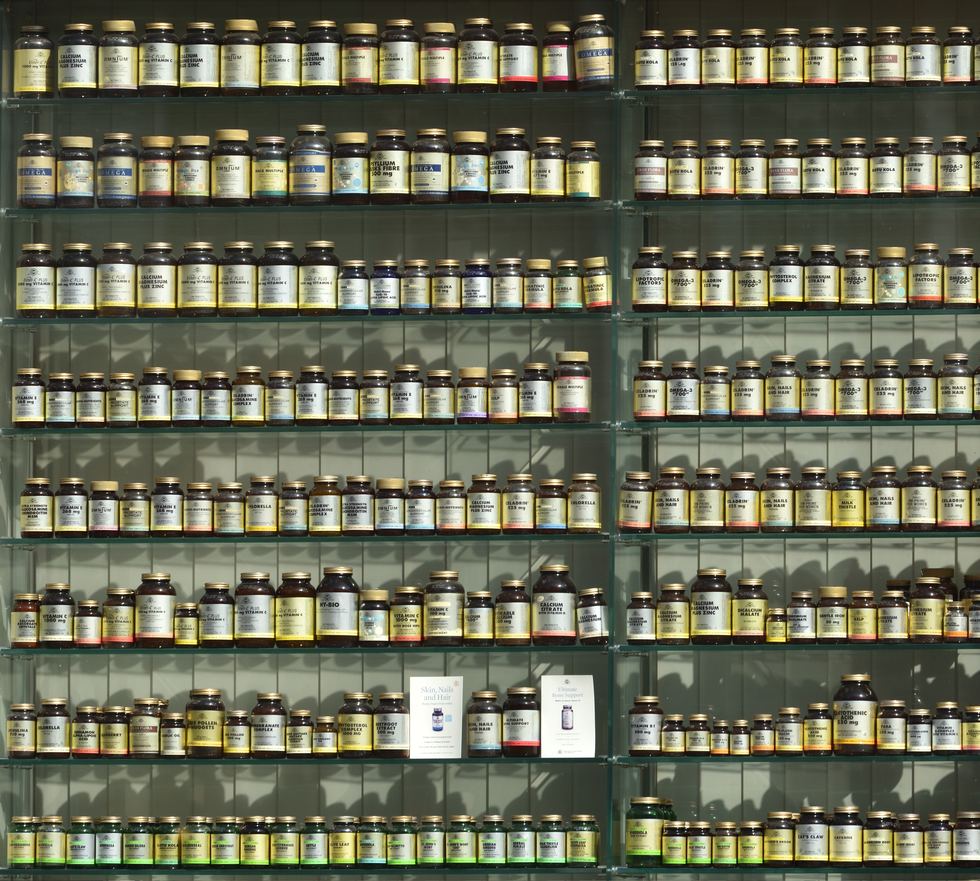CBD, or cannabidiol, is common, especially on the West Coast. CBD is also an ingredient in Epidiolex, the one Food and Drug Administration (FDA) approved pharmaceutical containing CBD on the market in the United States. The FDA has long maintained that CBD is legal only in an Epidiolex-type scenario, meaning a pharmaceutical drug available only by prescription. However, faced with relentless public pressure and likely the reality of CBD everywhere, including in a topical in CVS and Walgreens, the FDA is opening the door to regulating CBD.
The FDA regulates food, drugs, and supplements, and is charged with ensuring public safety. Currently, the FDA views CBD as a controlled substance or drug, and not as a supplement or a food additive. Thus, the FDA maintains that today, CBD is illegal as a supplement or food additive. The FDA is also concerned whether people can safely consumer CBD regularly or in large amounts. For example, the FDA requires Epidiolex to have a warning about possible side effects, including liver damage. The FDA despises specious or unsupported health claims about CBD, such that it can cure cancer or Alzheimer’s. For this reason, the FDA has sent cease-and-desist letters to companies making these sorts of claims about CBD.
Though concerned about exaggerated claims and safety, the FDA has indicated it may introduce regulations for CBD relatively rapidly. For example, the FDA held its first public hearing about CBD on May 31, 2019. Stakeholders including scientists, consumers, and companies that make CBD products spoke for nearly ten hours. People asked for regulations to allow them to market their products legally in the eyes of the FDA, both as supplements and possibly as drugs. Others pushed for more research, consistent labeling, and standardized manufacturing practices to ensure products with consistent dosages and quality. The hearing also highlighted that some CBD products make inaccurate claims, such as containing far less CBD than the label states. The FDA is also accepting written comments through July 2, 2019: https://www.regulations.gov/docket?D=FDA-2019-N-1482
As for next steps, the FDA will not specify a timeline. The agency remains concerned about how much CBD is safe to consume, how it interacts with medicines, does long-term exposure put people at risk, and is it safe for children, pregnant women, and the elderly. Another question is whether to regulate CBD products on two different tracks, one stringent one for drugs and one more relaxed for supplements. Answering these questions to the satisfaction of the FDA will require more research and could take years.
Disclaimer: This article has been prepared and published for informational purposes only and is not offered, nor should be construed, as legal advice.

